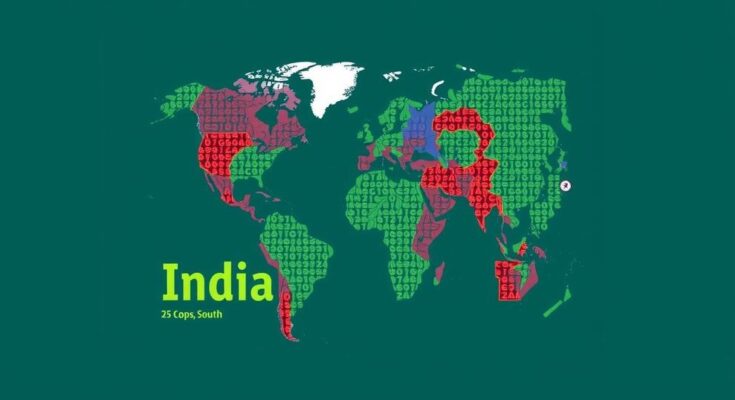India rejected the $300 billion climate finance proposal at COP29, deeming it insufficient compared to the $1.3 trillion needed by developing nations. Raina articulated concerns over the process’s lack of inclusivity and the negative implications for developing countries’ climate strategies, highlighting the need for a more equitable and comprehensive approach to climate financing.
At the recent UN climate conference, India firmly rejected a proposed annual climate finance package of $300 billion for the Global South by 2035, arguing that it was “too little and too distant.” This amount considerably underrepresents the $1.3 trillion required by developing nations, a demand that has been articulated over the past three years of climate discussions. During her statement, Chandni Raina, Adviser to the Department of Economic Affairs, expressed disillusionment over the lack of prior consultation regarding the deal, which she claimed has eroded trust in the negotiation process.
Raina emphasized that the proposed financial package does not sufficiently address the needs of developing countries and fails to uphold the principles of Common but Differentiated Responsibilities and equity. She indicated that the processes leading to the adoption of the agenda showed a disregard for inclusivity and respect for national priorities. “We are very unhappy and disappointed with the process, and we object to the adoption of this agenda,” Raina declared, receiving applause from attendees. This sentiment was echoed by representatives from Nigeria, Malawi, and Bolivia who criticized the package’s inadequacy.
Highlighting the dire circumstances faced by developing nations in the fight against climate change, Raina argued that such nations are pressured to implement low-carbon strategies that could hinder their economic growth. She also pointed out that unilateral measures like the Carbon Border Adjustment Mechanism jointly infringe upon their efforts to transition effectively. Raina asserted, “India does not accept the goal proposal in its present form,” insisting that the plan would obstruct the capability for adaptation to climate impacts and negatively affect economic ambitions.
The New Collective Quantified Goal, which attempts to overhaul the former $100 billion commitment made in 2009, currently aims to mobilize $300 billion by 2035 from an array of sources. Although the original aspiration of $1.3 trillion is mentioned, the document calls for collaborative engagement from all sectors rather than placing the onus solely on developed nations. This raises concerns over the commitment and accountability of richer countries in addressing the climate crisis.
The recent UN climate conference has emerged as a focal point for discussions on climate financing for developing nations, called the Global South. India’s rejection of the proposed $300 billion climate finance package illustrates the growing discontent among developing nations regarding the perceived inadequacy of financial support from wealthier countries. Over the past few years, the Global South has consistently pushed for higher funding to combat climate change impacts, advocating for equitable climate finance that considers their unique challenges and responsibilities.
In summary, India’s denunciation of the $300 billion climate finance package underscores the dissatisfaction among developing nations with the current mechanisms for climate funding. The call for an adequate financial commitment that aligns with the realities faced by these countries remains critical if global climate goals are to be met. Raina’s firm stance reflects a growing demand for inclusivity and respect for the rights and needs of developing nations within the climate negotiation process.
Original Source: swarajyamag.com



